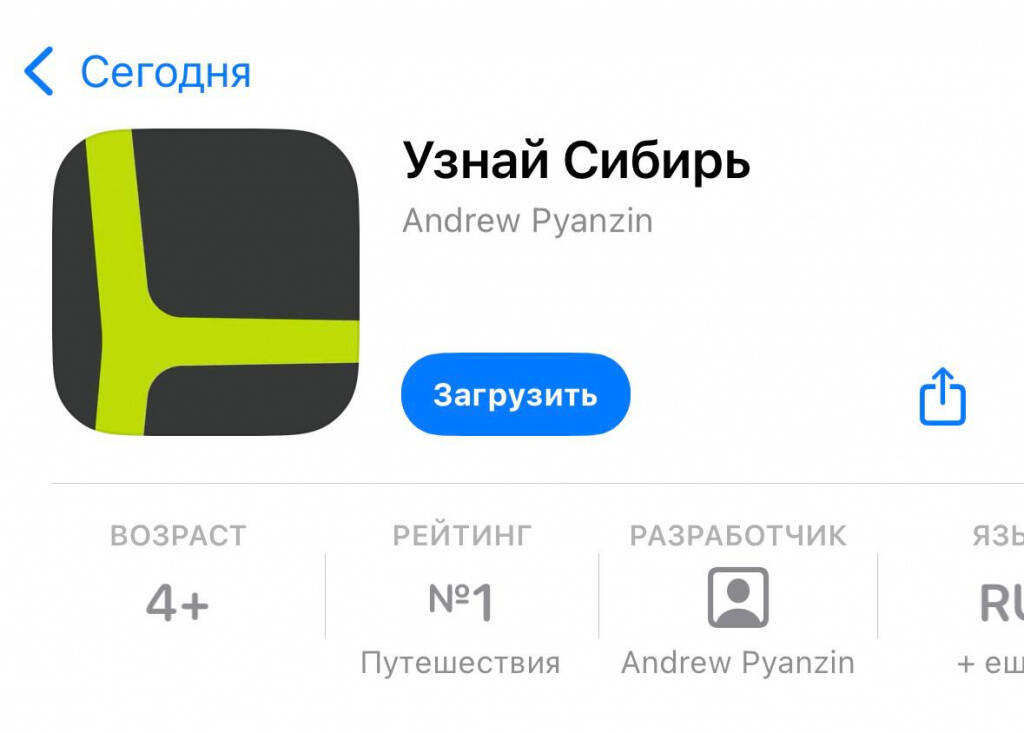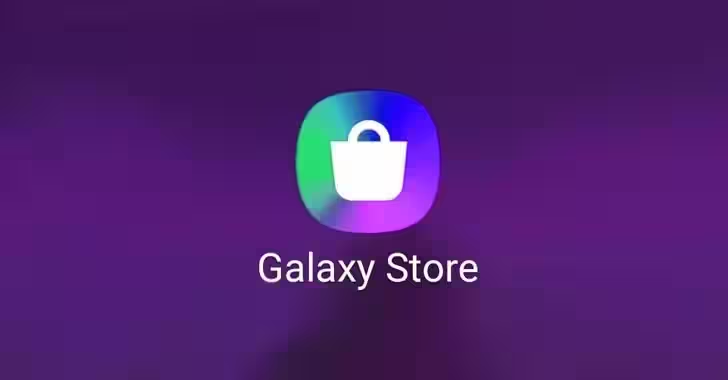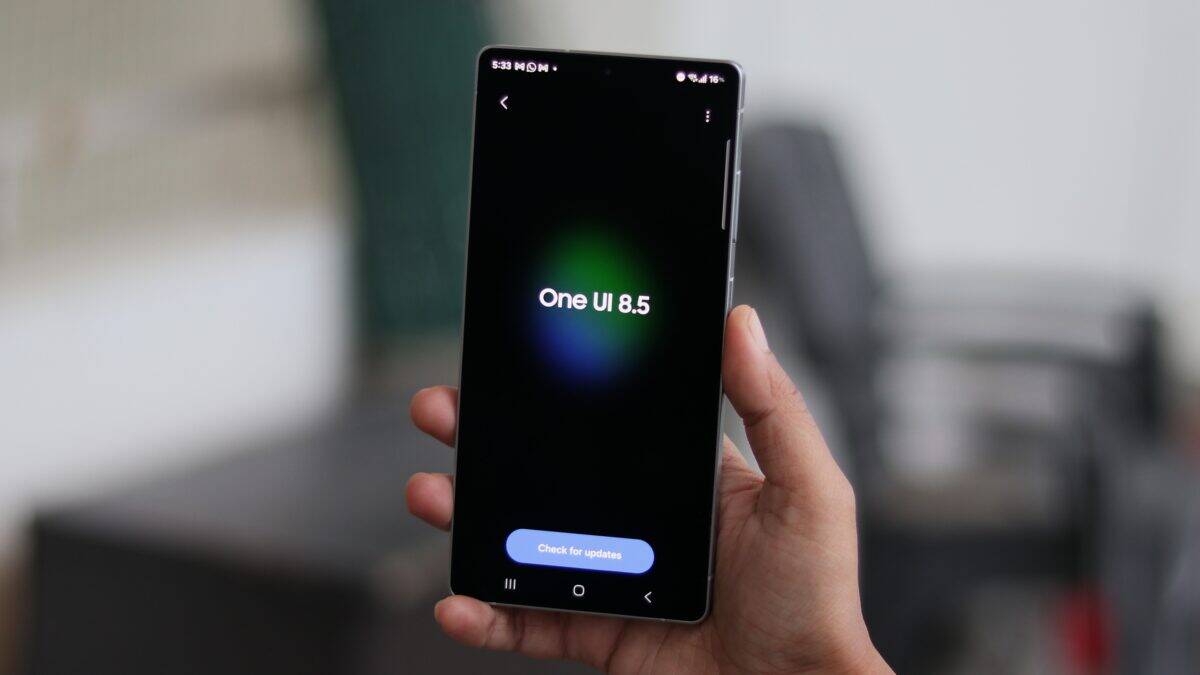Max messenger audience has exceeded 30 million users

The audience of messenger Max has exceeded 30 million people, the service’s press service told Forbes. In late August and early September, the number of calls grew “tenfold” compared to July and exceeded 8 million per day. Against the backdrop of the events of August 13, when the Russian Federal Tax Service announced “partial restriction” of voice calls in Telegram and WhatsApp (owned by Meta*, recognized in Russia as an extremist organization and banned), interest in Max has increased markedly.
Max audience and call growth
Max users have sent more than 1 billion messages since launch. Average call duration has reached nine minutes and group call duration has reached 58 minutes. The number of group chats has exceeded 1.2 million.According to the press service, in late August and early September, the messenger recorded more than 8 million calls per day – an increase of “dozens of times” over July.
According to the press service, the number of calls per day has increased by “dozens of times”.
Channels and public pages
Max has more than 500 channels with a combined audience of more than 3 million users. Public pages have already been launched by Moscow State University, St. Petersburg State University and the Higher School of Economics, the company said.
Launch history and national messenger status
The beta version of Max launched in March. In June, Vladimir Putin signed a law creating a national messenger in Russia. In mid-July, Max became such a messenger by order of Prime Minister Mikhail Mishustin. Communication Platform, a subsidiary of VK Holding, is responsible for its operation and development. The official launch is scheduled for early fall, RIA Novosti reported, citing Alexander Morozov, VK’s vice president for economics and finance.
Regional Guidelines and Preset
In late July, Vedomosti, citing sources, wrote that Max was recommended to be used more actively in the regions. As of September 1, the messenger is included in the list of programs that must be pre-installed on smartphones and tablets sold in Russia.
Context: RKN restrictions and platform responses
On August 13, the Russian Federal Security Service announced a “partial restriction” on calls to Telegram and WhatsApp. The agency explained the measure as “countering criminals,” saying the messengers were being used to defraud and extort money, as well as to engage in subversive and terrorist activities. Telegram told Forbes that it was “actively fighting malicious use of its platform,” including calls for sabotage, violence and fraud. WhatsApp at X said it will continue its efforts to ensure that communications protected by end-to-end encryption remain available to people around the world, including in Russia.
What’s more, the company said it will continue to work hard to ensure that communications protected by end-to-end encryption remain available to people around the world, including in Russia.
Other blocking and service failures
Since last year, several other popular platforms have been restricted in Russia: in August 2024, the Russian Federal Security Service reported the blocking of messenger Signal, two months later – Discord, in December – Viber. In late August, users also complained about Google Meet failures.
* Belongs to Meta, which is recognized as an extremist organization in the Russian Federation and its activities are banned.








